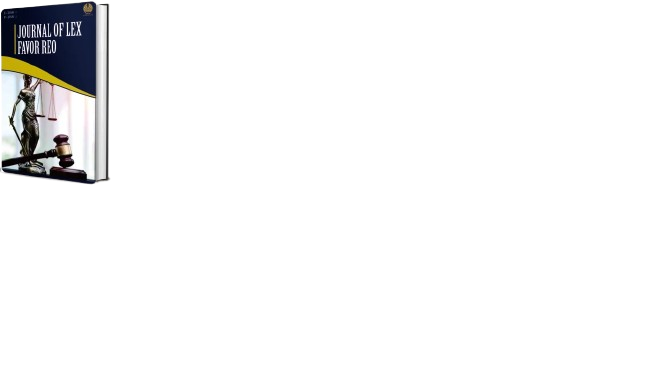Urgency of Regulating Same-Sex Lewd Acts by Adults in Indonesian Criminal Law
DOI:
https://doi.org/10.26740/lfr.v1i1.42802Keywords:
Legal Vacuum, Homosexual Indecency, Norm Reconstruction, Criminal LawAbstract
Objective: Adult homosexual indecency is a growing social phenomenon in Indonesia. However, the Indonesian criminal law system has not comprehensively accommodated this crime against morality. Article 292 of the Indonesian Criminal Code (KUHP) only regulates protection for minors, creating a legal vacuum for adult victims. This study aims to examine this legal vacuum and recommend criminal law policy reforms. The research method employed is normative juridical with a statutory and conceptual approach. The results indicate an urgent need for legal reform to regulate indecency acts between adults of the same sex, ensuring legal certainty and protection of social moral values.
Theoretical Framework:This research is based on the doctrine of legal certainty and the principle of moral p rotection as foundational elements in the development of national criminal law.
Method: This study employs a normative juridical method using statutory and conceptual approaches. Data sources include legislation, legal literature, and previous research findings.
Results and Discussion:The results indicate that Article 292 of the Criminal Code does not regulate indecent acts committed by same-sex adults, leading to a legal vacuum that weakens legal protection for moral values and creates uncertainty in law enforcement. This gap allows broad discretion for law enforcers without clear standards, potentially resulting in legal inconsistency and injustice.
Research Implications: The findings underscore the need for criminal law reform to accommodate homosexual indecency involving adults. Legal reconstruction is necessary to ensure the enforcement of moral norms without discrimination, while also strengthening legal protection and certainty.
Originality/Value: This research highlights an underexplored issue in Indonesian legal studies the legal gap concerning same-sex indecency committed by adults, both male and female. It also offers a new conceptual framework for assessing criminal liability in morality-based offenses and provides direction for more responsive criminal law reform.
Downloads
Published
How to Cite
Issue
Section
 Abstract views: 161
,
Abstract views: 161
, PDF Downloads: 129
PDF Downloads: 129






